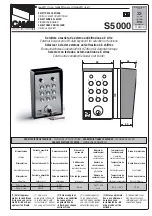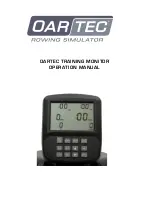
E-29
Figure 9
1. Check to make sure that the piano’s POWER button is in
the OFF position. If it is ON, press the button to switch it
OFF.
2. Attach the power cord that comes with the piano to the
bottom of the piano.
*
3. Plug the piano’s power cord into a wall outlet (Figure 9).
*
2: applies to the AP-31V and AP-33V
IMPORTANT!
• The shapes of the piano’s power cord and wall outlet
should be different according to countries or regions. The
illustrations are examples.
• With the AP-31 and AP-33, the power cord is hard-wired to
the bottom of the instrument.
Caution
The screws that you use to assemble the stand may be-
come loose after a long period due to changes in tem-
perature and humidity, or vibration caused by normal
use, etc. Periodically check the screws used to fasten the
stand and the butterfly bolts used to fasten the stand
and the piano, and tighten them whenever necessary.
4
Connecting to a Power Supply
Figure 8
Position the pedal plug as shown in Figure 8 and insert it
into the pedal connector on the bottom of the piano. Secure
the pedal cable to the upright of the stand using the
J
clips
that you installed when assembling the stand (Figure 8).
3
Connecting the Pedal
3
Connecting the Pedal
Clip
J
Pedal plug
Household
wall outlet
Power cord
427B-E-033B
Attachment of the Score Stand
Install the music stand by inserting its pegs into the holes in
the top of the piano.
AP31/33_E_26_30.p65
03.10.22, 5:05 PM
Page 29
Adobe PageMaker 6.5J/PPC
















































